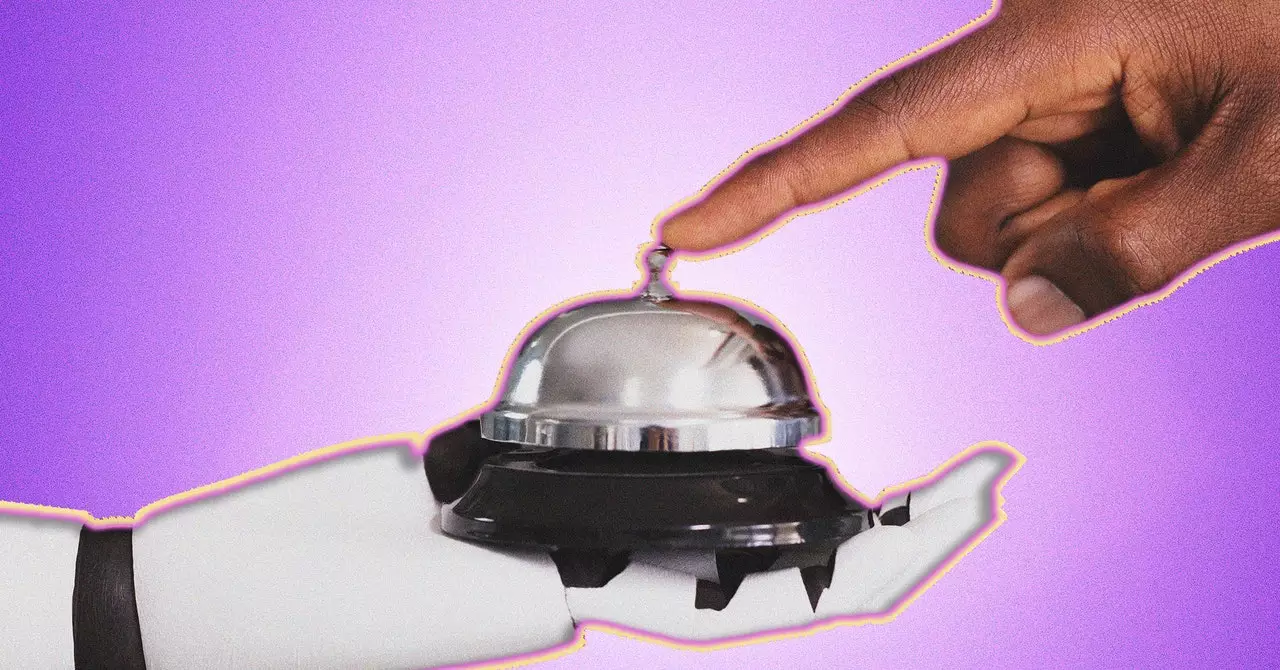The integration of artificial intelligence in the hospitality industry has taken a significant leap forward, particularly with the introduction of AI voice assistants specifically designed for restaurant environments. These technologically advanced systems are changing the way establishments manage customer interactions, particularly over the phone where traditional methods often lag behind customer expectations.
Gone are the days when a simple phone call to reserve a table or inquire about a menu item meant being placed on hold or encountering long wait times. AI voice assistants such as those developed by startups like Maitre-D, Newo, RestoHost, and Slang are now capable of handling these interactions more efficiently. Utilizing sophisticated natural language processing algorithms, these systems can manage a variety of inquiries ranging from basic reservations to more complex questions about menu items and allergen information.
As the demand for restaurant reservations grows, particularly in bustling urban centers such as San Francisco, New York, and Atlanta, the reliance on AI technology to handle the influx of phone calls is becoming increasingly apparent. For busy restaurant staff, this can significantly ease workflow pressures.
The escalating pressure on restaurants, especially in the wake of the pandemic’s challenges, has made voice AI technology indispensable. According to industry experts, a typical popular restaurant may receive anywhere from 800 to 1,000 phone calls a month. This substantial volume often leads to frustrating customer experiences, where potential diners are put on hold or receive delayed responses. AI voice solutions address this gap, allowing restaurants to maintain high service standards without overwhelming human staff.
These technologies are particularly appealing to various demographics—including last-minute bookers, tourists, and older patrons—who may prefer the clarity of talking to someone rather than navigating a website. Matt Ho, owner of Bodega SF, expressed that these AI systems not only alleviate staff burden but also enhance the overall dining experience by allowing human hosts to focus more on in-person guests rather than phone inquiries.
The operation of these systems is relatively straightforward. Upon receiving a call, the AI identifies the caller’s needs and responds accordingly. The technology is designed to handle a range of inquiries, providing immediate responses about the restaurant’s policies, menu options, and capacity. In cases of more complex queries, the AI can seamlessly transfer the call to a human staff member, although this occurs only in about 10% of interactions. This minimal dependence on human intervention emphasizes the efficacy and reliability of AI voice technology.
Additionally, restaurants have the option to select subscription tiers that not only determine pricing but also unlock enhanced features such as multilingual support. This broadens the potential customer base, making dining establishments more accessible to a diverse clientele.
As the technology continues to evolve, the role of AI voice assistants in the restaurant sector is poised for further growth. The increasing sophistication of these systems could lead to more comprehensive interactions that simulate human empathy and understanding, thus cultivating customer loyalty and enhancing overall satisfaction.
Startups in this space are becoming increasingly competitive, with significant investments aimed at refining these technologies. The ongoing fascination with human-like AI interactions signifies a shift in consumer behavior, where diners are likely to embrace these advancements as a means of improving their dining experiences.
AI voice assistants mark a significant transformation in the hospitality landscape. As innovations continue to unfold, restaurants that adopt these advanced tools stand to gain a competitive edge. By streamlining communication and efficient handling of inquiries, these technologies not only improve operational efficiency but also elevate the overall experience for customers. As we look to the future, the evolution of AI in this sector remains an exciting frontier, promising to redefine the dining experience as we know it.


Leave a Reply